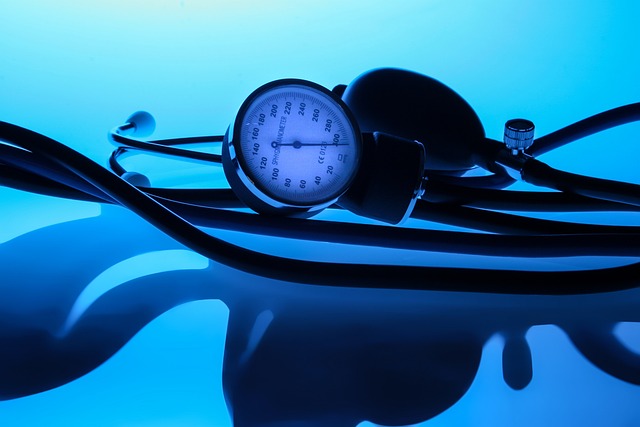
White Blood Cells
Understanding White Blood Cells
White blood cells, or leukocytes, are the unsung heroes of our immune system. These tiny, round cells are like little soldiers patrolling our bloodstream, ready to defend our bodies against invaders like bacteria and viruses. They may be small, but their impact is monumental! 🌟
What Are White Blood Cells?
White blood cells are a crucial component of our immune system. They circulate through the bloodstream and tissues, responding to injury or illness by attacking any unknown organisms that enter our bodies. Imagine them as a dedicated army, always on alert, ready to notify reinforcements when they detect a threat!
The Different Types of White Blood Cells
There are several types of white blood cells, each with its own unique role in keeping us healthy. Here are some of the main players:
- Lymphocytes: These are the stars of the immune system, further divided into T cells and B cells. T cells mature in the thymus gland and help destroy infected cells, while B cells, which develop in the lymph nodes and spleen, produce antibodies to neutralize pathogens.
- Neutrophils: These are the most abundant type of white blood cells, acting as the first line of defense during an infection. They quickly respond to sites of infection and help engulf and destroy bacteria.
- Monocytes: These cells are larger and can differentiate into macrophages and dendritic cells, which help to clean up debris and present antigens to T cells, further activating the immune response.
- Eosinophils: These cells play a key role in combating parasites and are also involved in allergic reactions.
- Basophils: The least common type, basophils release histamine during allergic reactions and help to protect against parasites.
How Do White Blood Cells Work?
When your body detects an infection, white blood cells spring into action. They travel through the bloodstream to the site of infection, where they communicate with each other to coordinate a response. Think of them as a well-organized team, each member knowing their role in the defense strategy. 💪
Why Are White Blood Cells Important?
Without white blood cells, our bodies would be vulnerable to infections and diseases. They are essential for not only fighting off pathogens but also for healing wounds and maintaining overall health. A healthy immune system relies on a balanced number of these cells, so it's important to take care of your body to support their function.
How to Support Your White Blood Cells
Supporting your white blood cells is all about nurturing your immune system. Here are some simple yet effective ways to do so:
- Eat a Balanced Diet: Incorporate plenty of fruits, vegetables, whole grains, and lean proteins to provide essential nutrients that support immune function.
- Stay Hydrated: Water is vital for overall health, helping your body to flush out toxins and maintain cellular functions.
- Get Regular Exercise: Physical activity boosts circulation and can enhance the effectiveness of your immune response.
- Manage Stress: Chronic stress can weaken your immune system, so find time for relaxation and self-care.
- Get Enough Sleep: Quality sleep is crucial for your body to repair and regenerate, including your immune cells.
Conclusion
White blood cells are a fundamental part of our health and well-being. By understanding their role and how to support them, we can empower our bodies to fight off infections and maintain a vibrant life. Remember, taking care of your immune system is a beautiful act of self-love! 💖

















 Tratamiento Para Hemorroides
Tratamiento Para Hemorroides 
 Health
Health  Fitness
Fitness  Lifestyle
Lifestyle  Tech
Tech  Travel
Travel  Food
Food  Education
Education  Parenting
Parenting  Career & Work
Career & Work  Hobbies
Hobbies  Wellness
Wellness  Beauty
Beauty  Cars
Cars  Art
Art  Science
Science  Culture
Culture  Books
Books  Music
Music  Movies
Movies  Gaming
Gaming  Sports
Sports  Nature
Nature  Home & Garden
Home & Garden  Business & Finance
Business & Finance  Relationships
Relationships  Pets
Pets  Shopping
Shopping  Mindset & Inspiration
Mindset & Inspiration  Environment
Environment  Gadgets
Gadgets  Politics
Politics 